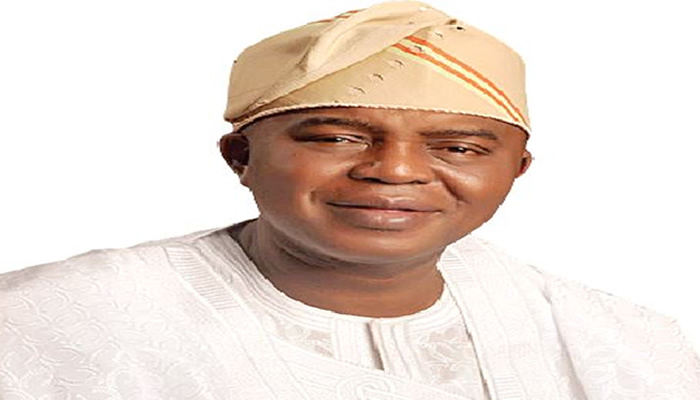Photo caption: Ogun State Commissioner for Environment, Ola Oresanya
The Commissioner for Environment in Ogun State, Ola Oresanya, has said that Nigeria generates over 32 million tonnes of waste annually, posing significant environmental and health challenges.
He made this known at the 2025 World Environment Day & Exhibition, themed ‘From Pollution to Innovation: Aligning Policy, Enterprise and Community for Sustainable Waste Management in Nigeria’, organised by Green Hub Africa recently.
He said, “Nigeria generates over 32 million tonnes of municipal solid waste annually.
Less than 40 per cent is collected, causing pollution and health risks from improper disposal. This leads to degraded air, water, and soil quality, increased greenhouse gas emissions, and threats from plastic pollution, particularly in coastal areas.
“Limited collection and recycling facilities with many illegal dump sites exist across the country, with insufficient infrastructure to support efficient waste evacuation logistics. Additionally, there is a lack of indigenous technology to enhance collection and processing efforts. Waste management policies suffer from weak enforcement, inconsistent regulations, and poor coordination among government levels, hindering effective implementation.
“A general lack of awareness regarding sustainable waste practices contributes to indiscriminate dumping and improper disposal methods by the public.”
According to him, Nigeria’s National Policy on Solid Waste outlines waste generation, collection, and disposal but lacks robust implementation.
He added, “The Federal Ministry of Environment and NESREA set guidelines, but enforcement is weak, and local governments struggle with funding.
“Implementing EU-style Extended Producer Responsibility schemes for managing product lifecycles and plastic waste is recommended. Providing tax breaks for sustainable practices and imposing penalties for non-compliance can serve as incentives for circularity.
“Public awareness campaigns should use targeted communication based on the expansion diffusion theory to address limited public awareness. Nigeria’s efforts align with SDG 12 (Responsible Consumption and Production) and the 2022 global commitment to a plastic pollution treaty.”
Meanwhile, the chairman of Green Hub Africa, Prof. Obas Ebohon, said the planet speaks to us through rising temperatures, shifting weather patterns, and ecosystems under unprecedented stress.
He said, “Our planet speaks to us through rising temperatures, shifting weather patterns, and ecosystems under unprecedented stress. The statistics are sobering: over 300 million tonnes of plastic waste are generated globally each year, with only nine per cent effectively recycled. In Africa alone, we generate approximately 17 million tonnes of plastic waste annually, yet our recycling infrastructure captures less than four per cent of this volume. But today is not about dwelling in despair; it’s about transformation. It’s about recognising that within every environmental challenge lies an innovation opportunity waiting to be unlocked.
“Nigeria stands uniquely positioned to lead Africa’s environmental revolution. With our population of over 220 million people, our actions ripple across the continent and beyond. The plastic pollution choking our waterways in Lagos, the waste management challenges in Kano, and the environmental pressures in Ogun State are not isolated Nigerian problems; they are microcosms of global challenges that demand locally rooted, globally relevant solutions.
“What makes today’s discussion particularly powerful is the alignment of three critical forces: policy leadership, enterprise innovation, and community engagement. The solutions to our environmental challenges will not emerge from any single entity; they will arise from the creative friction between policy and practice, between community wisdom and technical innovation, and between local needs and global standards.”
=== PUNCH ===




